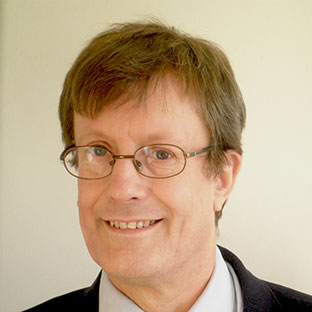There is something of a paradox here. On the one hand, the interim report of our Inclusive Growth Commission suggests that we need better measures of economic success if prosperity is going to spread. On the other hand, we wanted to show that – even under the old measures – there are economic benefits in making our success more inclusive.
So we asked New Economy to work out the scale of the challenge. The answer was impressive and it demonstrates not just the challenge, but also the sheer potential of inclusive growth.
If each area in the UK had the same GVA (Gross Value Added) per head of population, at least as high as the national average, the narrow economic value would be £191.5bn. If you want to see how the calculation was done, New Economy has written a methodological paper, available on our website.
We don’t need to be so precise about the figure to know that the opportunity is huge, as well as the scale of the challenge.
That means that action to tackle inclusive growth needs to be serious, substantial and sustained if we are going to draw on all the assets of our cities, towns and neighbourhoods, primarily of course the people who are currently being sidelined and wasted.
To achieve this we need to create a national and local policy framework that allows places to respond to the specific challenges and opportunities. Central government and centrally run programmes will still be critical, but they will need to marry national strategies and resources to local mechanisms and sensitivities. Devolution isn’t an end in itself, but it is an important part of the means through which we can create a new model for inclusive growth.
We still have plenty of questions about how devolution deals will work in practice, but they have started to create a platform for local economic growth, providing some cities with a number of powers over transport, planning, skills and, in the case of Greater Manchester, health.
You can find more about the direction we are setting in our interim report, but our inclusive growth framework is based on the following elements:
- Integrating economic and social policy, integrating people-focused policies on skills, family support and education with economic development strategies linked to investment and industry policy.
- Devolution that is social as well as economic. The next phase of devolution needs to have a much stronger social policy focus so that public service reform can support local growth.
- More funding to support inclusive growth at local level. The next phase of what we call ‘grown up devolution’ will need to provide more funding for social and capital projects.
- Prioritising prevention and early intervention, beginning to shift the balance of spending towards prevention and early intervention, so that public services can support inclusive growth, rather than respond to the lack of it.
David Boyle is a Research Associate for the RSA Inclusive Growth Commission. You can find him on Twitter @davidboyle1958.
Related articles
-
A country that works for everyone? Only with inclusive growth
Stephanie Flanders
Without inclusive growth the country will become more divided outside the EU than it ever was within it, argues Stephanie Flanders.
-
A country that works for everyone? Only with inclusive growth
Stephanie Flanders
Without inclusive growth the country will become more divided outside the EU than it ever was within it, argues Stephanie Flanders.
-
To pursue inclusive growth, we need to measure it
Atif Shafique
Inclusive growth is generating growing interest. But to pursue it, we need to measure it.



Be the first to write a comment
Comments
Please login to post a comment or reply
Don't have an account? Click here to register.